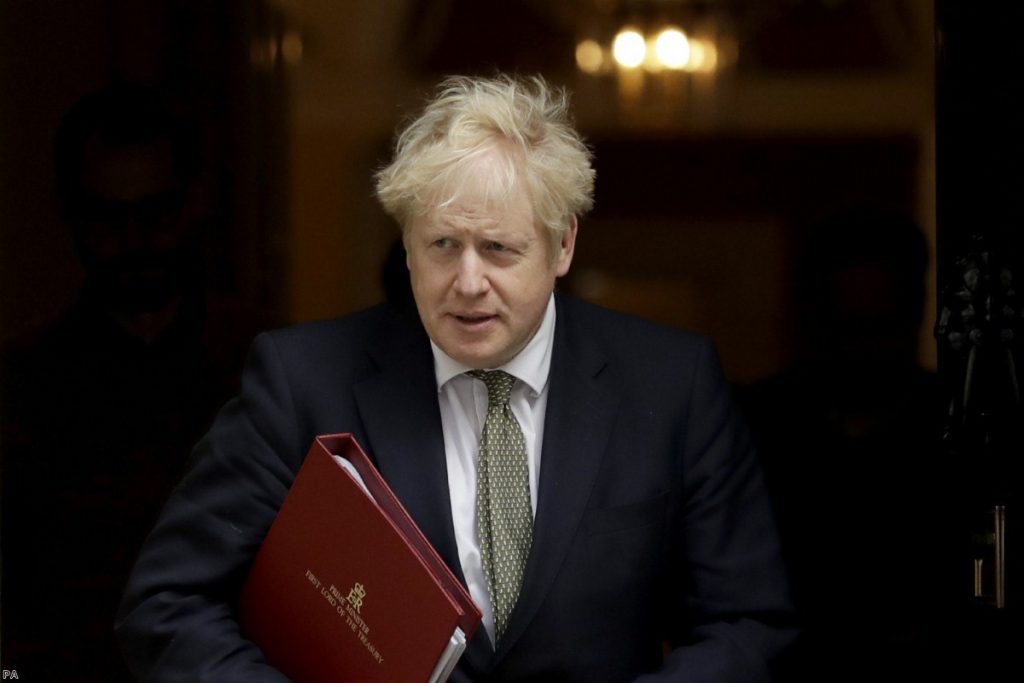Prime minister Boris Johnson has said that the UK’s ongoing labour shortages are a ‘sign of economic robustness’.
When asked about ongoing supply issues in an interview with the BBC Radio 4 Today program this morning, he said, ”what you’re seeing” across the UK and the world “is the stresses and strain you’d expect from a giant waking up”, referring to the transition from the height of Coronavirus restrictions.
He said this “waking up” was “sucking energy”, resulting in rising prices and shortages. He referenced lorry shortages in China.
The UK is currently facing a shortage of up to 100,000 HGV drivers.


Mr Johnson said that the UK ”has formidable logistics and supply chains people,” and denied the pro-Brexit Next CEO Lord Wolfson’s suggestion that the UK is at risk of a 1970s style inflationary crisis if it “gets this wrong”.
In October 1973, the Organisation of Arab Petroleum Exporting Countries announced an oil embargo on any country supporting Israel in the Yom Kippur war. The embargo lasted from October 1973 to March 1974. Inflation consequently spiked in the UK— from 9.2% in September 1973 to 12.9% in March 1974 — and unemployment rates spiralled.
Current rising energy and goods prices in have led some experts to predict that the UK’s inflation rate could rise by up to 5% by the end of the year.
“It’s primarily a shortage of labour” Mr Johnson argued in reference to the current crisis, adding, “Which is a sign of economic robustness, that the market is demanding labour in the way that it is.”
On immigration, he said he had always been in favour of “people with talent and industry” moving to the UK, but said he did not think it was right for businesses to call the shots on immigration levels, saying that the government will not “pull the lever marked: ‘uncontrolled immigration’”.
He said that over the past twenty years businesses, including the road haulage industry, had “mainline[d] low-cost immigration” which had suppressed pay and conditions. He suggested this had led to a lack of incentives to enter certain industries, meaning “there’s no supply of young people in this country who are thinking of becoming truck drivers.”
Iain Martin, a columnist for The Times, criticised the Prime minster’s remarks via Twitter:
This suggests the PM simply doesn't know what he's talking about. Next is a fantastic business. The point is Wolfson (pro-Brexit) has invested in tech, logistics, people. That's why it's a success. But Emperor Boris cannot be criticised. https://t.co/oJ3vj4qEEE
— Iain Martin (@iainmartin1) October 5, 2021









